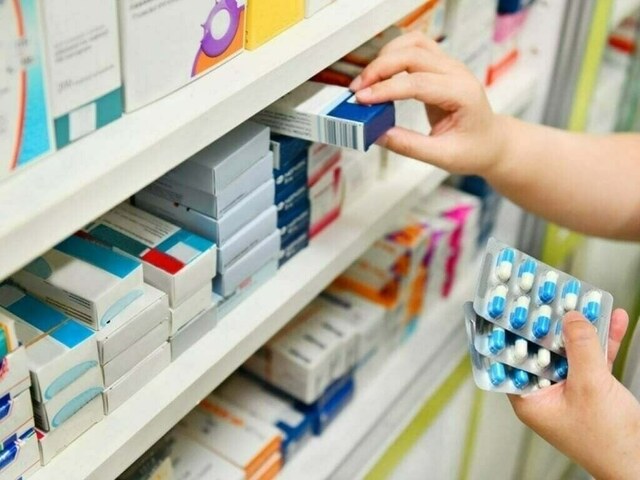KARACHI: An eye patient in Karachi battling vision loss recently paid 100 British pounds (approximately Rs38,000) to import a generic eye drop, Pilocarpine, from a European country – a medication that was once widely available in Pakistan for just Rs100 a few years ago, according to an eye specialist.
The drug, used to treat conditions like glaucoma (silent thief of sight) by reducing intraocular pressure, disappeared from local markets after its manufacturer suspended production following its cost of production exceeded the government-fixed retail price, making it economically unviable to continue supply for the company. As a result, only patients who could afford to import the medicine at exorbitant prices had access to the treatment – leaving countless others at risk of vision loss.
In a recent development, pharmaceutical companies in Pakistan are preparing to resume local production of Pilocarpine after the government recalculated its cost of production and revised its retail price to around Rs700 under the “hardship case” provision, aimed at ensuring continued availability of the critical medicine at feasible and affordable price. The federal cabinet is yet to give its final nod to the new price.
The eye specialist added that the generic is also used during surgeries.
Pakistan Pharmaceutical Manufacturers Association (PPMA) chairman Tauqeer Ul Haq said pharmaceutical firms have made some 40 life-saving drugs available again in the country that are prescribed to get cured from diseases including malaria and tuberculosis (TB). The therapies had gone out of production and disappeared from local markets after their cost of production surged beyond their retail price.
Local companies resumed their production and they were made available again to patients to treat diseases after the government revised their prices under the hardship cases and de-regulated non-essential medicine pricing, enabling pharmaceutical firms to determine medicine price themselves, he added.
Responding to Pakistan Medical Association’s (PMA) claim of an unprecedented shortage of life-saving medicines in the country; PPMA chairman Tauqeer Ul Haq said such reports were “not based on facts” and creating unnecessary panic among patients.
He pointed out that the federal government made decisions related to price fixation of essential medicines and deregulation of non-essential medicines last year, a move that immediately rehabilitated the supply of affected medicines.
He added that the government’s decision to deregulate non-essential medicines had further ensured a continuous and stable flow of medicines, both essential and life-saving, to patients nationwide.
MNCs exit, local firms fill vacuum:
The PPMA chairman said attempts to paint a picture of crisis overlooked the resilience of the local industry.
“Yes, some multinational companies (MNCs) have exited Pakistan for commercial reasons, but their departure does not mean patients are left without options. Pakistani manufacturers, operating under international quality standards, are already present with reliable alternatives. To suggest otherwise is misleading,” he asserted.
“The reality is that medicines are available, for example, insulin, heparin, and other cardiometabolic brands, along with the alternatives that exist, and the industry is committed to keeping supply uninterrupted. Spreading unfounded claims of scarcity only undermines public confidence in the health system,” he said.
Rejecting reports that patients were left without critical therapies, the association said the narrative of large-scale shortage risked creating unnecessary panic.
Out of the claimed list of PMA regarding the unavailability of 80 brands, only 7 are not available, such as Chloro-butanol and Emedastine Difumarate, etc, but their local alternatives are available freely. There is also a category of brands with intermittent availability, like Sodium Amidotrizoate, etc, but even for those, the local alternatives are available. For insulin, only one specific company’s brand is not available, but the rest of the brands are in the market. Furthermore, it is to be noted that anti-cancer drugs and insulin are only available in temperature-controlled pharmacies and are mostly available in hospitals where they are related to treatments there, according to PPMA chairman.
“Such claims ignore the proactive measures taken by both regulators and local manufacturers. The industry has responded responsibly, ensuring that patients continue to have access to essential treatments without interruption,” Haq said.
Acknowledging that vaccines remain an area requiring urgent attention, he said the challenge was being addressed.
“This is not a crisis unique to Pakistan; it is a global concern. PPMA is already working with DRAP and other stakeholders to build domestic vaccine manufacturing capacity so that long-term solutions are put in place.”
Copyright Business Recorder, 2025

